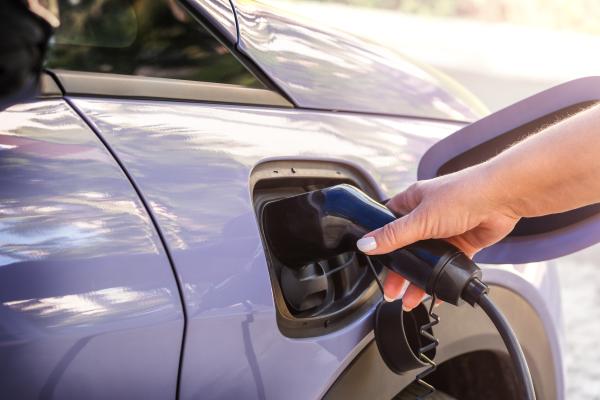
“Decision time” on fuel duty fast approaching, says ATT
The government is “speeding towards” a potential pothole as the amount raised by fuel duty in August hit its lowest level in a decade.
Figures released last week1 (September 19) show that the Hydrocarbon Oil Duty brought in just over £2 billion in August 2025, a drop of almost £50 million, or 2.4%, from August 2024 and more than £500 million lower than the same month in 2023 (21.5%).
The levy raised £24.3 billion in 2024/25, the lowest level since 2006/07 (excluding 2020/21, when travel was affected by the COVID-19 pandemic).
The ATT has warned that, with a growing number of motorists turning to electric vehicles, which do not pay fuel duty, the government must now put a plan in place to deal with declining revenue.
Jon Stride, chair of the ATT’s Technical Steering Group, said:
“The future of fuel duty has been seen as a problem for down the road, but last week’s figures show we are speeding towards decision time.
“Fuel duty currently raises nearly £25 billion a year, but successive freezing of fuel duty mean it hasn’t been increased for over 12 years. VAT is charged on the duty-inclusive price of fuel, so VAT revenues would have been boosted by any increase as well.
“However, the growing number of people using electric cars means any increased tax take from raising fuel duty is only likely to be temporary. Replacements will need to be considered, such as increasing taxes on electric vehicles or even mileage pricing, with drivers taxed based on how far they drive in a year.
“Whatever happens to fuel duty in the future, the government needs to urgently address how they will replace fuel duty in a post-petrol and diesel world if revenue levels are to be maintained.”
Notes for editors:















